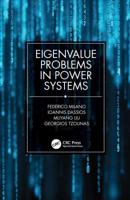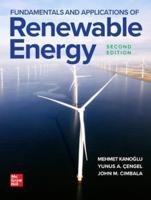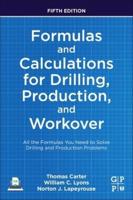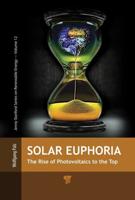Publisher's Synopsis
The defining guide to energy systems engineering--updated for the latest technologies"Broad in scope, with focused instructional detail, this text offers a uniquely excellent, student-accessible educational resource for integrating thermodynamic, alternative, and renewable energy conversion processes." -- Professor Randy L. Vander Wal, Department of Materials Science and Engineering, Penn State University"A carefully written book, providing good breadth as well as depth on major conventional and sustainable energy systems." -- Professor David Dillard, Department of Engineering Science & Mechanics, Virginia TechFully revised throughout, Energy Systems Engineering, Second Edition discusses fossil, nuclear, and renewable energy sources, emphasizing a technology-neutral, portfolio approach to energy systems options. The book covers major energy technologies, describing how they work, how they are quantitatively evaluated, their cost, and their benefit or impact on the natural environment.Evaluating project scope, cost, energy consumption, and technical efficiency is clearly addressed. Example problems help you to quantify the performance of each technology and better assess its potential. Hundreds of illustrations and end-of-chapter exercises aid in your understanding of the concepts presented in this practical guide.Coverage includes:Systems and economic tools for energy systemsClimate change and climate modelingFossil fuel resourcesStationary combustion systemsCarbon sequestrationNuclear energy systemsSolar resource evaluationSolar photovoltaic technologiesActive and passive solar thermal systemsWind energy systemsNew chapter on energy from biological sourcesTransportation energy technologiesSystems perspective on transportation engineering










